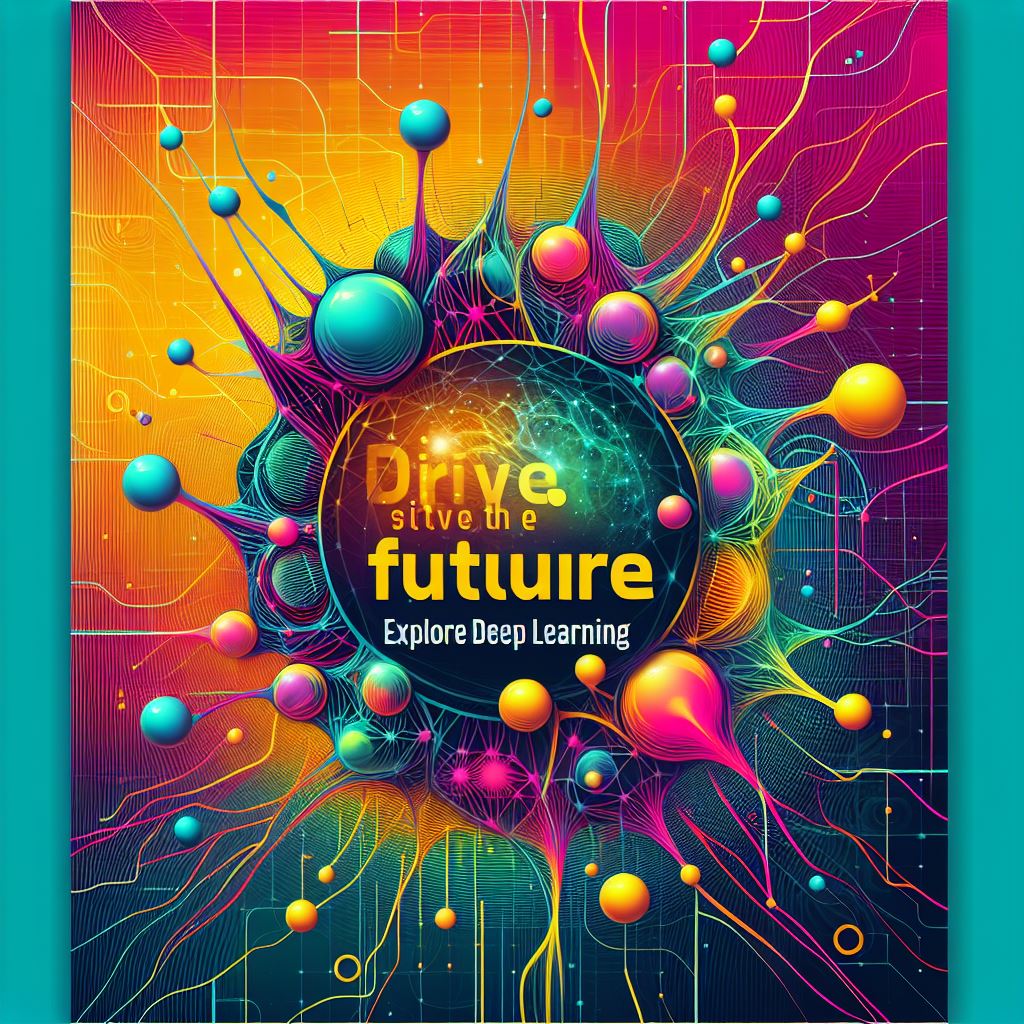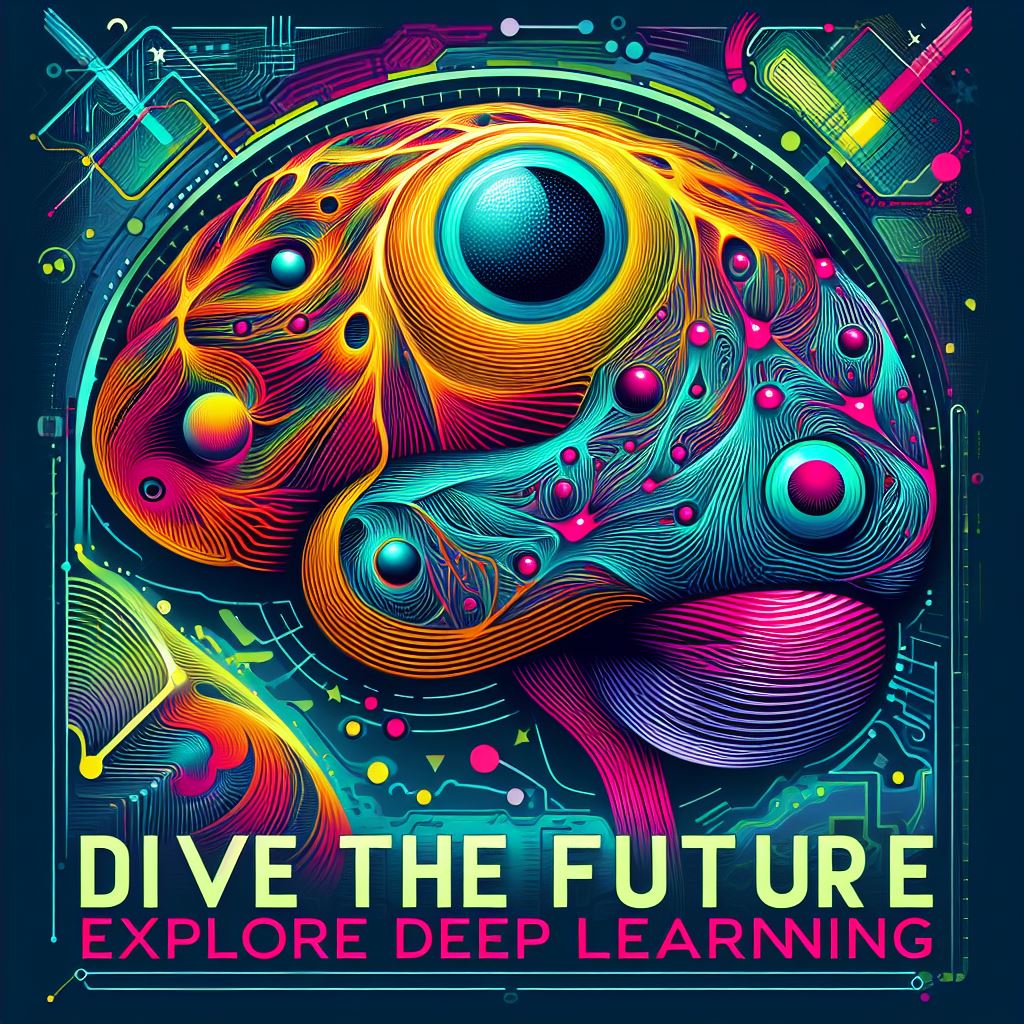In the ever-evolving landscape of technology, deep learning has emerged as a transformative force, revolutionizing industries and redefining the boundaries of what’s possible. This cutting-edge subset of artificial intelligence has garnered widespread attention for its remarkable ability to mimic the human brain’s intricate neural networks, paving the way for unprecedented advancements across various domains.
At its core, deep learning operates through complex layers of interconnected nodes, akin to the neurons in the human brain. These layers allow machines to autonomously learn representations of data, eliminating the need for manual feature engineering. Through iterative processes of learning and optimization, deep learning algorithms discern patterns, make predictions, and derive meaningful insights from vast datasets.
The versatility of deep learning finds expression in a myriad of applications, spanning diverse industries. In the realm of healthcare, deep learning algorithms analyze medical images with unparalleled accuracy, aiding in the early detection of diseases and personalized treatment plans. In finance, these algorithms optimize trading strategies and detect fraudulent activities, safeguarding financial institutions and investors alike. Additionally, deep learning powers virtual assistants, language translation services, recommendation systems, and autonomous vehicles, reshaping the way we interact with technology in our daily lives.
Despite its remarkable potential, deep learning confronts significant challenges. The voracious appetite for labeled data presents a formidable barrier to entry, requiring substantial resources for training and development. Moreover, ethical considerations surrounding data privacy, transparency, and algorithmic bias demand careful scrutiny to ensure equitable and responsible deployment of deep learning technologies.
Looking ahead, the future of deep learning holds immense promise. As the volume of data continues to proliferate and computational capabilities advance, the applications of deep learning are poised to expand exponentially. From personalized medicine and predictive maintenance to autonomous systems and enhanced user experiences, the possibilities are limitless. Moreover, ongoing research in areas such as explainable AI and federated learning aims to address existing challenges and unlock new frontiers in deep learning technology.
In conclusion, deep learning stands as a beacon of innovation, guiding us towards a future characterized by intelligent systems and transformative technologies. Its capacity to extract valuable insights from complex datasets has already revolutionized numerous industries, with implications extending far beyond our current understanding. As we continue to harness the power of deep learning, it is imperative to navigate its challenges thoughtfully and ethically, ensuring that its benefits are equitably distributed and its potential fully realized. As we embark on this journey of exploration and discovery, deep learning remains at the forefront, shaping the future of technology and humanity itself.


